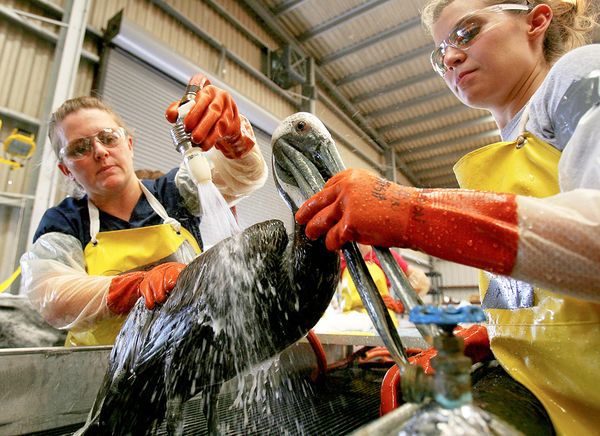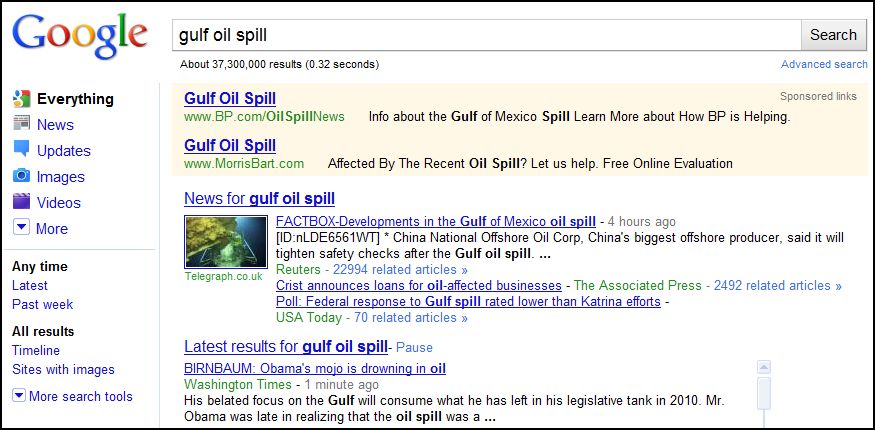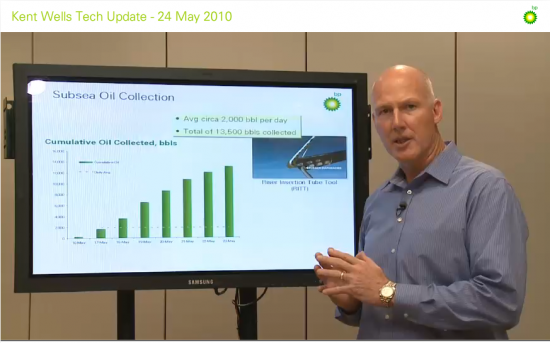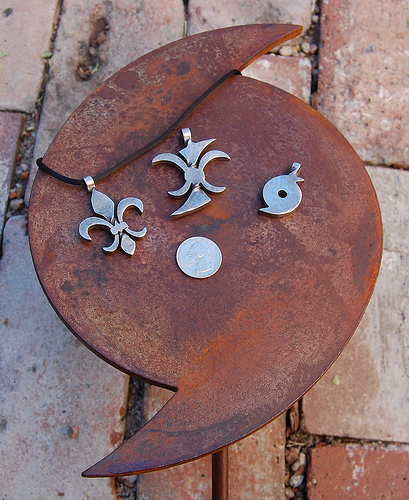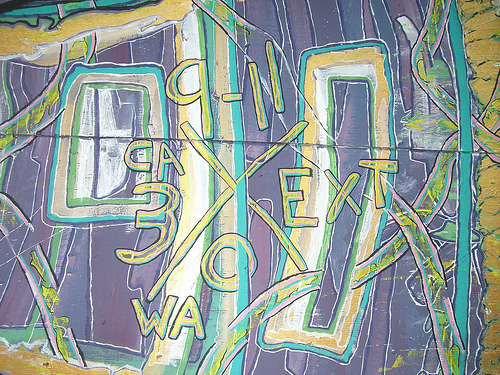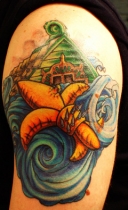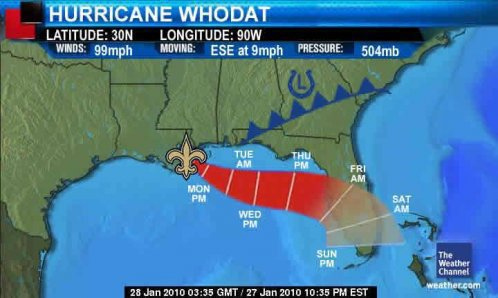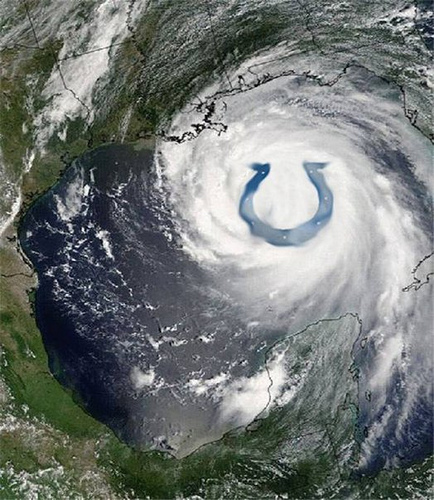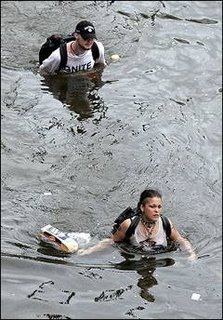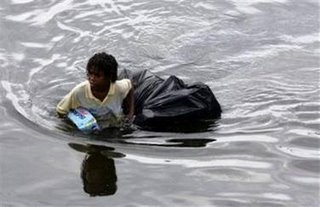The image above, of a bird rescued from the gulf and cleaned of oil, may ease the ache in our hearts, but research suggests that euthanizing the birds would be more humane.
Environmental biologist and expert on oil clean-up, Silvia Gaus, explained that:
Catching and cleaning oil-soaked birds oftentimes leads to fatal amounts of stress for the animals… Furthermore, forcing the birds to ingest coal solutions — or Pepto Bismol, as animal-rescue workers are doing along the Gulf Coast — in an attempt to prevent the poisonous effects of the oil is ineffective… The birds will eventually perish anyway from kidney and liver damage (paraphrased at Speigel).
Further, birds who are relocated are often so disoriented that they die anyway, not able to re-establish survival routines in their new environment.
Gaus claims that 99% of the rescued and cleaned birds will die, usually within about seven days, and it will be a more painful death that takes longer than if they’d just been left alone. As a consequence, many recommend quick and painless euthanization. A National Geographic article complicates the story, reporting that survival rates depend on characteristics of the spill, but still reports that scientists largely have little hope that many birds rescued from the Gulf will survive. A better strategy for saving birds, they say, is trying to keep them out of the oil in the first place.
If cleaning birds is unlikely to save them, and euthanizing them ultimately more humane, why are we cleaning birds?
The obvious answer is that it is good for BP’s public relations. We feel better when we see the shiny oil-free feathers; those images make us feel like there is hope for the animals caught in the spill. It makes it look as if BP is really doing something good. In this case, why would BP care if the de-oiling worked? They benefit whether the birds die (a slower, more painful) death or not. It costs about $700 to clean an oiled pelican, but that may be money well spent.
There may be an even more nefarious reason. There are fines and penalties for killing wildlife that can be levied against corporations. The Migratory Bird Treaty Act of 1918, for example, specifies that corporations can be fined up to $500,000 if responsible for the death of a brown pelican. Perhaps if the bird dies after release, without direct evidence that its death was caused by oil ingestion (without an expensive autopsy), then BP will not be vulnerable to those fines. Further, the total number of dead birds attributed to their spill be lower; those numbers, instead, will be in the column marked “saved.”
UPDATE: Jay Holcomb at the International Bird Rescue Research Center disagrees with Gaus and other pessimistic scientists. (Thanks to Paul for the link.) It may also be that techniques for cleaning the birds have improved over time. So the 1% number is probably wrong, or at least needs to be qualified. Still, I think BP’s interests still apply, but it’s overstating it to say that de-oiling is bad for birds. Thanks to everyone in the comments who added contrasting information!
Lisa Wade, PhD is an Associate Professor at Tulane University. She is the author of American Hookup, a book about college sexual culture; a textbook about gender; and a forthcoming introductory text: Terrible Magnificent Sociology. You can follow her on Twitter and Instagram.

